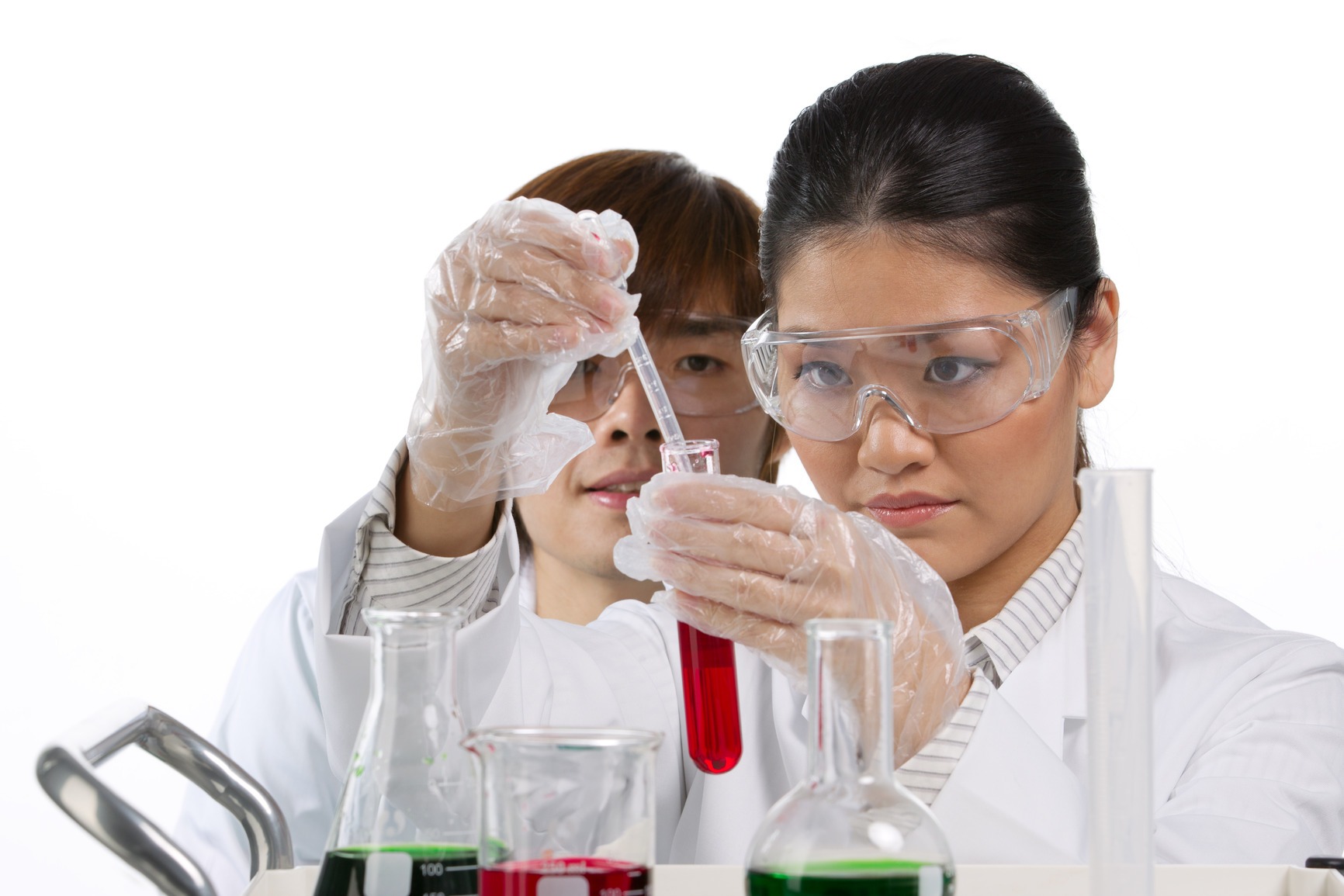In the grand tapestry of human progress, few fields have captured our imagination and revolutionized our lives as profoundly as biotechnology. Over the past few decades, the rapid advancement of biotechnological innovations has paved the way for groundbreaking discoveries that hold the promise of shaping the future of medicine. From the precise manipulation of genes through genome editing to the tailoring of treatments for individual patients, the journey from bench to bedside is undergoing a transformative shift towards personalized medicine.
Genome Editing: A Revolution at the Molecular Level
At the heart of this biotechnological revolution lies genome editing, a powerful technique that allows scientists to modify the DNA within living organisms. The discovery and development of tools like CRISPR-Cas9 have ushered in a new era of precision medicine, enabling researchers to edit genetic sequences with unprecedented accuracy and efficiency. Genome editing holds the potential to correct genetic defects responsible for hereditary diseases, opening avenues for treatments and cures that were once thought to be the stuff of science fiction.
The Promise of Personalized Medicine
Personalized medicine takes the one-size-fits-all approach of traditional medicine and turns it on its head. Instead of applying a standard treatment regimen to all patients with a given condition, personalized medicine seeks to tailor interventions to the unique genetic makeup and characteristics of each individual. This approach not only maximizes treatment efficacy but also minimizes adverse effects, leading to more successful outcomes and improved patient well-being.
Advances in personalized medicine are already evident in various areas of healthcare:
- Cancer Treatment: Genetic profiling of tumors allows oncologists to select targeted therapies that exploit the specific vulnerabilities of a patient’s cancer cells, increasing treatment precision and reducing collateral damage to healthy tissues.
- Pharmacogenomics: By analyzing an individual’s genetic makeup, healthcare providers can predict how a patient is likely to respond to specific medications, optimizing drug selection and dosages for improved efficacy and safety.
- Inherited Disorders: Personalized medicine offers hope for individuals with genetic disorders by potentially correcting or mitigating the underlying genetic defects responsible for conditions like cystic fibrosis, muscular dystrophy, and sickle cell anemia.
- Regenerative Medicine: Stem cell therapies and tissue engineering are being tailored to individual patients, paving the way for personalized approaches to organ transplantation and tissue repair.
Ethical and Regulatory Considerations
As we delve deeper into the realm of biotechnology and personalized medicine, a host of ethical and regulatory challenges emerge. The ability to edit genes raises questions about the boundaries of human intervention in nature and the potential for unintended consequences. Striking a balance between scientific progress and responsible innovation is paramount to ensure the ethical use of these powerful tools.
Regulatory bodies and researchers must collaborate to establish guidelines that safeguard patient rights, data privacy, and the responsible application of biotechnological advancements. Clear and transparent communication with the public is essential to address concerns, foster understanding, and build trust in the transformative potential of personalized medicine.
Conclusion
The trajectory of biotechnology from genome editing to personalized medicine represents a paradigm shift in the way we approach healthcare. As we unlock the secrets of the human genome and harness the power of molecular precision, we are paving the way for a future where medical interventions are as unique as the individuals they aim to help. The journey from understanding genetics to translating that knowledge into tangible, life-changing therapies is a testament to human ingenuity and the relentless pursuit of better health and well-being for all.
In the not-so-distant future, when we reflect on the strides made in biotechnology, we may find ourselves in awe of how far we’ve come, and filled with excitement for the boundless potential that lies ahead. The future of biotechnology is a testament to the incredible possibilities that arise when science, technology, and humanity unite to shape a healthier and more vibrant world.



